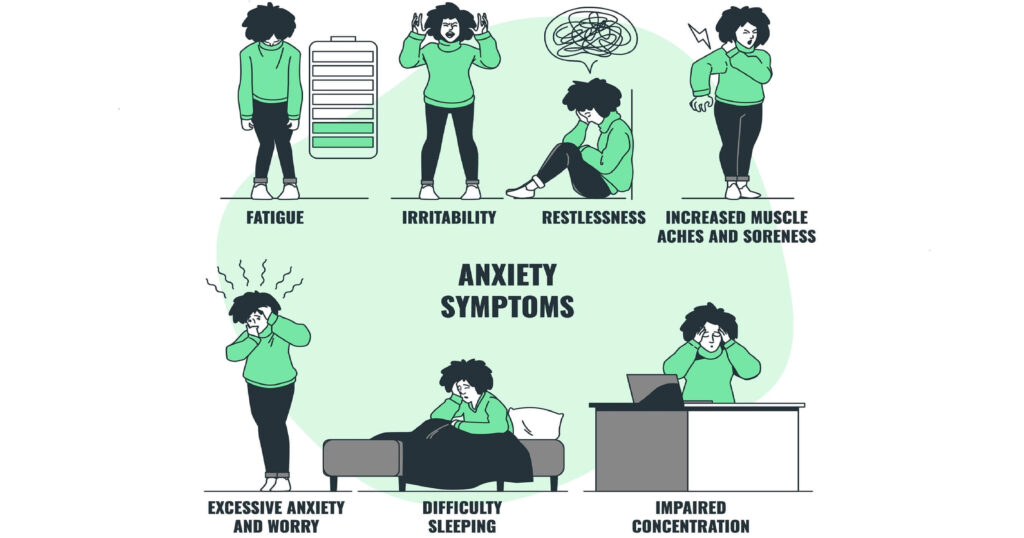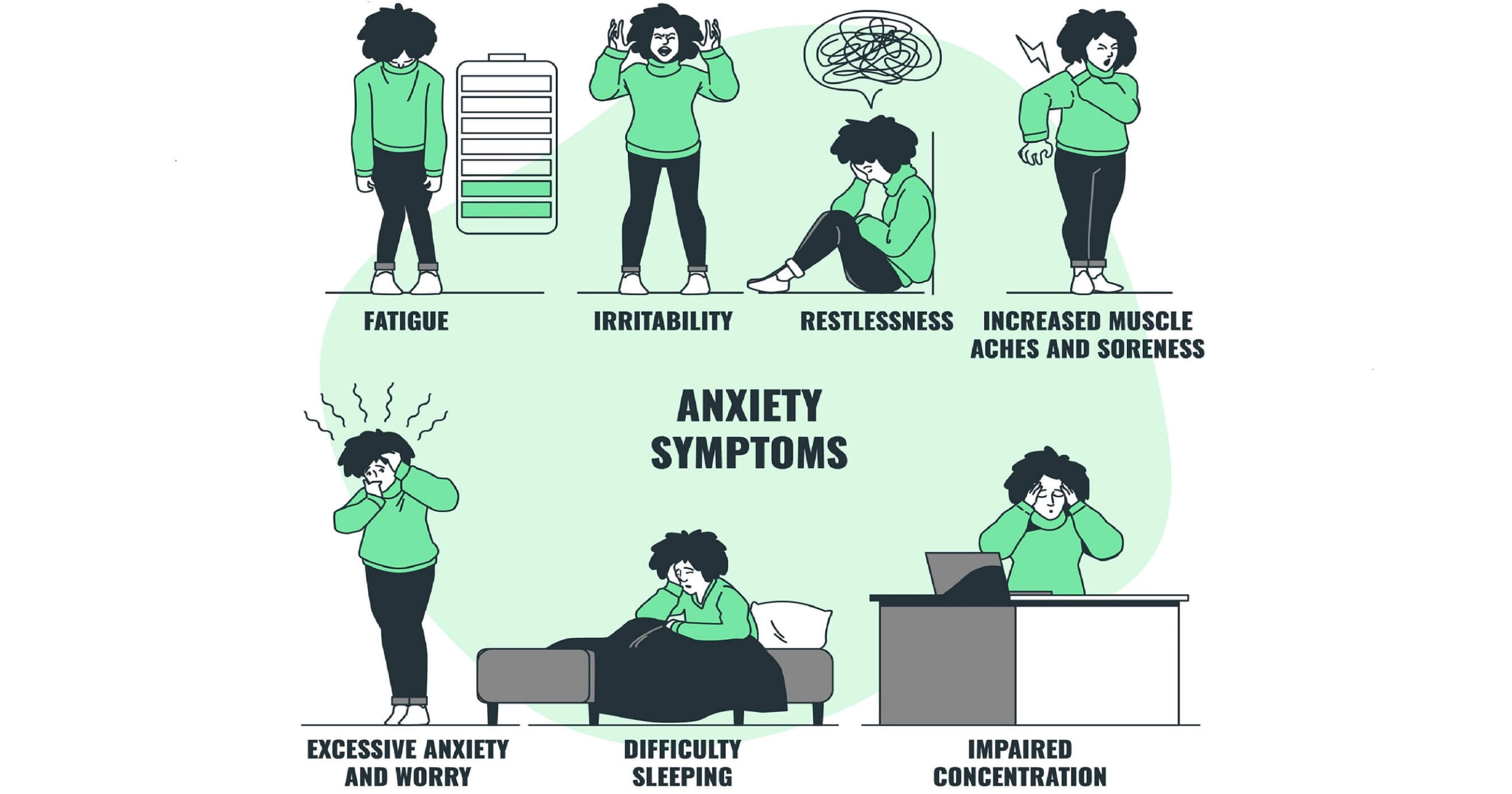Introduction:
In our rapidly-paced society anxiety has turned into an unwelcome companion for a lot of. Stress can feel extremely overwhelming and overwhelming, but knowing the signs and developing effective techniques for calming could be a game changer. Come along as we examine the signs of anxiety and explore proven techniques that will bring calm to your thoughts in situations of anxiety. Identifying the Symptoms Anxiety attacks can manifest in a variety of ways, such as a rapid heartbeat, breath shortness as well as trembling and the feeling of imminent end. Knowing these symptoms is essential to prompt intervention.
1. Relaxation and mindfulness:
Engage in mindful breathing and meditation techniques in order to anchor yourself in the present. Concentrating on your breathing will help you lower your heart rate, and also create a peace in the chaos of stress.
2. Progressive Muscle Relaxation (PMR):
PMR is a method of tensing and slowly releasing various muscles, which promotes physical relaxation. Integrate this practice into your daily routine to relieve tension and stress. Positive Affirmations Repel negative thoughts by using positive affirmations. Be reminded of the strengths you have and your abilities. Repetition of affirmations can change your perspective and help ease anxiety. Be Active Physical exercise is a potent stress-buster. Engage in activities that you love regardless of whether it’s a quick stroll, yoga, or even dancing. Exercise boosts endorphins and creates feelings of wellbeing.
3. Limit Stimulants:
Reduce your intake of nicotine, caffeine and other stimulants which could cause anxiety. Choose herbal teas or alternatives that are decaffeinated to relax your nervous system.
4. Create an area of safety:
Find a peaceful space where you can relax during stressful moments. Create a sanctuary with soothing items and make it your sanctuary to get back control of your thoughts and feelings.
5. Get Support:
Do not hesitate to contact your family members, friends, or even a professional in mental health. The act of talking about your emotions can help you feel better and a supportive system can be a valuable source of guidance.
6. Set a Schedule:
It can be a comfort when you are in a state of anxiety. Set up a routine for the day that incorporates regular sleep breaks, meals, and breaks. It can help create an impression of security. Expert Help If you experience anxiety-related symptoms that are persistent or recurrent, you should consider seeking help from a professional. A mental health professional will offer individualized strategies and treatments specifically tailored to your needs.
Conclusion:
Anxiety attacks can be a daunting problem, but with a little awareness and effective strategies to manage them, you can get back in control and be at peace. Implement these strategies to calm your routine and remember, seeking assistance is an indicator of the strength of your character. Let’s walk together on the way towards a calmer and more robust you.

